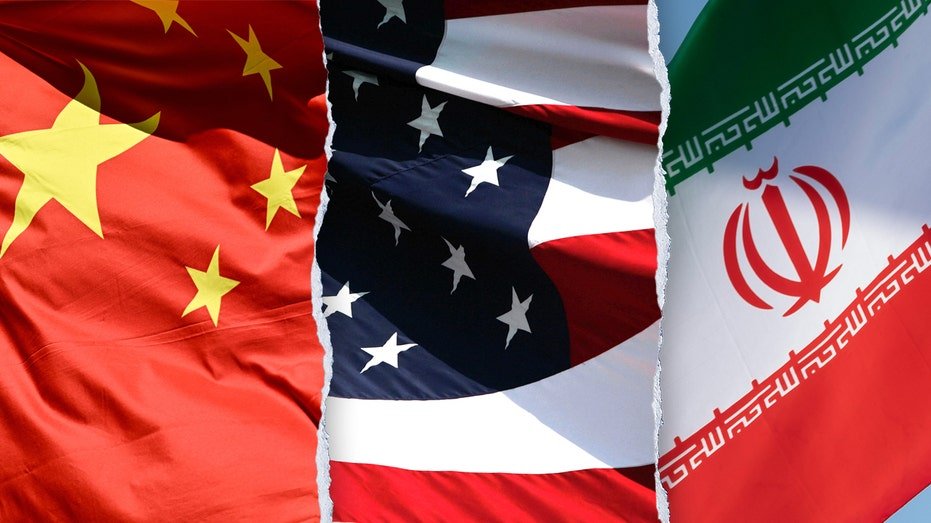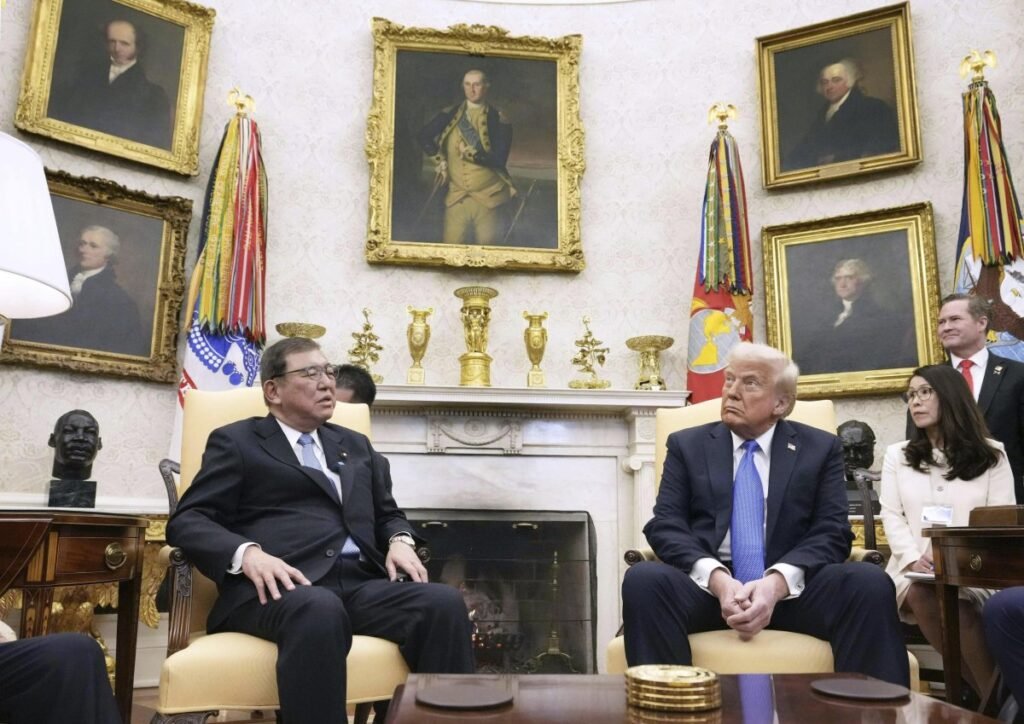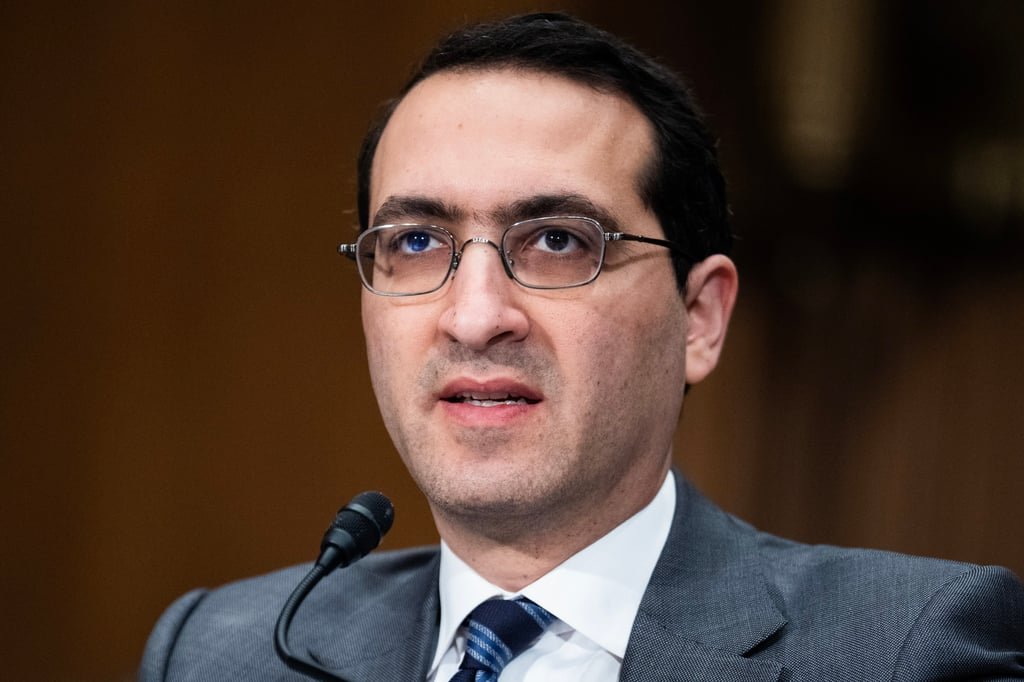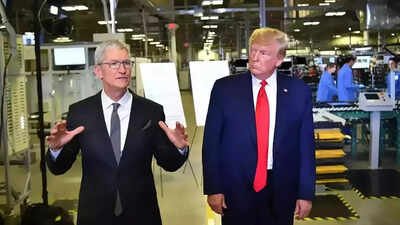In the absence of detail, all we can do is read between the lines of what may or may not have been agreed in the London talks between the US and China.
And a degree of scepticism feels appropriate.
The fact neither side is saying much says a lot in itself. A major new breakthrough seems unlikely.
You only need to compare it to the conduct of the delegations following the first round of talks in Geneva to feel the difference in tone. Those talks did indeed yield significant breakthroughs including temporary reductions to most of the tariffs and an agreement to keep talking.
There, the Americans in particular were quick to get in front of the cameras to describe the “substantial progress” with Trump himself extolling “a total reset” in the relationship.
Not so this time.
Instead we have relatively dry statements from both sides about a “framework to implement the consensus” reached at both Geneva and during a phone call between Trump and Xi last week.
Any further description was tepid at best, with China’s official news agency describing the discussions as “candid” a word often used when there has been substantial disagreement.
Read more: Why Trump blinked in US-China trade war
Please use Chrome browser for a more accessible video player

3:44
May: US and China end trade war
High stakes
It’s hard to overstate how high the stakes have become.
What started as a trade war has morphed into a dangerous supply chain war with the potential to wreak deep economic harm.
And by most assessments, it is China that has the upper hand.
Indeed, while the US has introduced a spate of new measures designed to block China’s access to high-tech chips, China has moved to slow and complicate the exports of crucial rare earth minerals to the US.
These metals are absolutely vital in the manufacture of everything from cars to weaponry, and China has the vast majority of the world’s supply.
The new controls have brought some production lines to the brink of standstill, and the West is alarmed.
On the ground here in China you get a sense that while this standoff will cause pain, there is confidence too, particularly in its ability to home grow the type of technology the US is attempting to block.
Indeed, as these talks were ongoing, a branch of the Chinese government was showing foreign journalists around usually hard-to-access high-tech businesses.
Please use Chrome browser for a more accessible video player
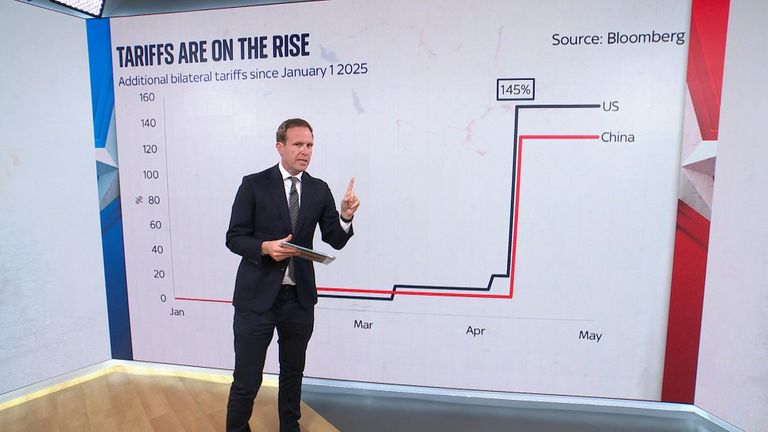
3:27
April: US ends zero duty on Chinese goods
A confident China
A controlled and choreographed affair, yes, but an insight too into where government attention and priorities lie and where they are feeling confident.
“We’ve caught up with America in terms of technology and quality,” said Zhou Zhiliang, CEO of GeneMind, a high-tech DNA sequencing and diagnostics company.
“We just need to catch up in terms of the market, building trust in Chinese products and the scale of utilisation.”
Others, when we asked about restrictions imposed by the US, seemed relatively unfazed.
“The trade friction between China and US will have an impact on many industries,” said Zhang Jinhua, founder of IASO Biotechnology, a company specialising in high-tech cell therapies.
“But this is what running a business is like, you always have to face challenges and situations you never expected before, you have to face them.”
And while some moments of candour reveal the frustrations faced by Chinese businesses, the attitude seems to be that none are insurmountable.
“We were selling our products via Amazon, although we now face some problems,” said Yu Kai, co-founder of conversational AI product AISpeech.
“But I believe it can be solved. The current technology dispute doesn’t affect us very much, because we rely on ourselves.”
Indeed, that is the key problem for the US.
China can increasingly rely on itself and is making rapid progress in the development of its own chips and AI technology.
Read more:
Why Trump blinked in US-China trade war
Diplomatic win for UK hosting US-China trade talks

Listen to The World with Richard Engel and Yalda Hakim every Wednesday
In contrast, the US is totally beholden to China on rare earths; the development of its own supply would be lengthy and extortionately expensive.
With this upper hand, China will have been driving an exceedingly hard bargain in London.
In an atmosphere of extreme distrust, where neither side will want to be seen to concede, reaching a sustainable truce will be very hard indeed.

